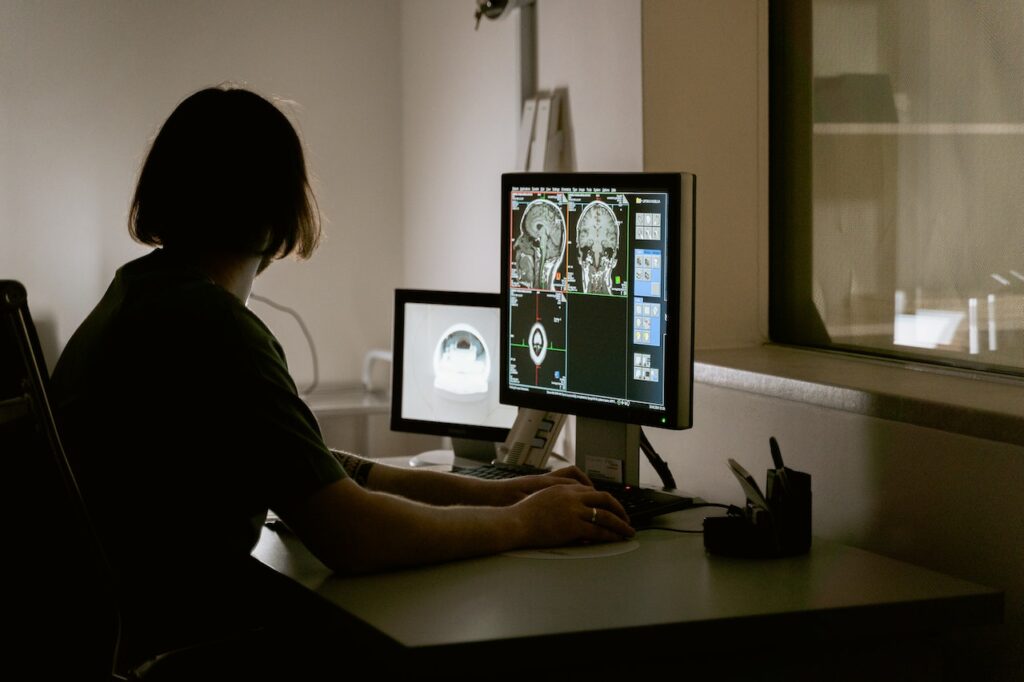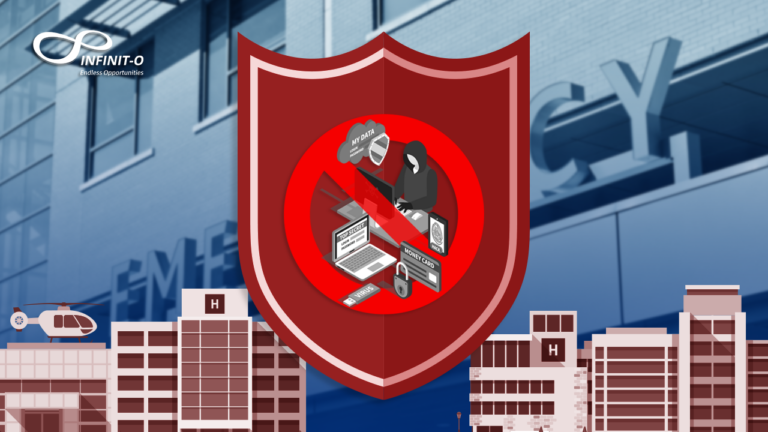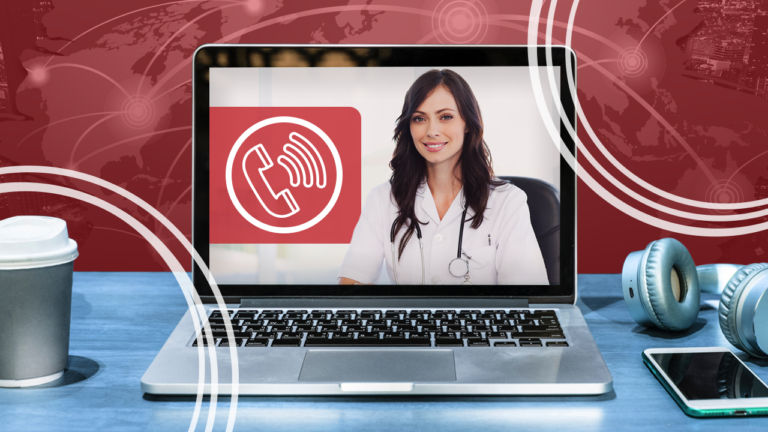How to Improve Health Tech With Outstanding CX
In this era of digital healthcare, customer experience (CX) has emerged as a critical factor in delivering exceptional care and ensuring patient satisfaction. According to Gartner’s research, companies that successfully implement customer experience projects begin by focusing on how they collect and analyze customer feedback. This highlights the importance of understanding and leveraging patient insights to enhance CX. One crucial element in achieving this is by harnessing the potential of healthcare BPO services.
Leveraging Customer Experience Solutions in Healthcare
- Data Analytics: CX solutions in healthcare utilize data analytics to gain insights into patient behavior, preferences, and satisfaction levels. By analyzing this data, healthcare organizations can understand patients’ needs and expectations, enabling them to tailor their services and communication accordingly. These solutions leverage artificial intelligence (AI) and machine learning (ML) algorithms to identify patterns and trends, enabling proactive interventions and personalized care plans.
- Patient Portals: One essential aspect of customer experience solutions is the implementation of patient portals. Patient portals provide a secure online platform that allows patients to access their medical records, test results, and other healthcare information. These portals empower patients to take an active role in their healthcare management, facilitating self-service capabilities such as appointment scheduling, prescription refills, and secure messaging with healthcare providers.
- Telehealth Solutions: Telehealth solutions are another key component of CX solutions in healthcare. Telehealth enables remote consultations, virtual visits, and remote monitoring, eliminating geographical barriers and improving access to care. Patients can receive medical advice, follow-up consultations, and even receive certain treatments from the comfort of their homes.
- PatientCustomer Feedback: CX solutions encompass feedback and survey systems to gather patient insights. These systems enable healthcare organizations to collect feedback on the patient experience, satisfaction levels, and areas for improvement. By actively seeking patient feedback, healthcare providers can identify gaps in service, address concerns, and continuously enhance the quality of care they deliver.
- Remote Monitoring: The integration of customer experience solutions in healthcare also extends to remote monitoring and wearable technologies. Remote monitoring allows healthcare providers to track patients’ vital signs, health metrics, and adherence to treatment plans remotely. This real-time data enables early detection of health issues, timely interventions, and personalized care adjustments.
Call Center: Healthcare call center services play a pivotal role in improving CX by offering a centralized platform for patients to connect with healthcare providers. These call centers handle various tasks such as appointment scheduling, patient inquiries, and health advice. By implementing efficient call center solutions, healthcare organizations can ensure seamless communication, reduced wait times, and personalized support for patients, resulting in enhanced CX and loyalty.

The Future of CX
The future of healthcare Business Process Outsourcing (BPO) services holds great potential in shaping the customer experience (CX) landscape within the healthcare industry. As technological advancements continue to revolutionize healthcare delivery, BPO services will play a pivotal role in optimizing CX and driving positive patient outcomes.
1. Integration of Artificial Intelligence (AI) and Automation
The future of healthcare BPO services lies in harnessing the power of AI and Automation. AI algorithms can analyze vast amounts of patient data, identify patterns, and provide valuable insights for personalized care delivery. Automation can streamline administrative tasks, reducing human error, and improving efficiency. Intelligent Automation tools such as robotic process Automation (RPA) can handle repetitive tasks, allowing healthcare professionals to focus on providing quality care and enhancing CX.
2. Chatbots and Virtual Assistants
Chatbots and virtual assistants will continue to evolve, becoming more sophisticated and capable of handling complex patient inquiries. Natural language processing (NLP) advancements will enable chatbots to understand patient needs, provide accurate responses, and offer personalized recommendations.
3. Emphasis on Data Security and Privacy
The future of healthcare BPO services will involve adopting advanced security measures, encryption techniques, and robust data governance frameworks. BPO providers will implement even stricter protocols to ensure compliance with regulatory standards such as the General Data Protection Regulation (GDPR) and the Health Insurance Portability and Accountability Act (HIPAA).
4. Integration of the Internet of Medical Things (IoMT)
The Internet of Medical Things (IoMT) will play a significant role in the future of healthcare BPO services. IoMT devices, such as wearable sensors and remote monitoring tools, will generate real-time patient data. BPO services can leverage this data to provide personalized insights, remote patient monitoring, and proactive healthcare interventions.
Improving CX With Healthcare BPO Services

According to market research, the global healthcare BPO market is poised for significant growth in the coming years. It is projected that the market size will increase from $334.15 billion in 2021 to an estimated $755.76 billion by 2030. This represents a notable compound annual growth rate (CAGR) of 9.5% during the period from 2022 to 2030. This statistic indicates the expanding recognition and adoption of healthcare BPO services as a crucial component of the evolving healthcare industry.
One of the primary benefits of BPO healthcare services is the streamlining of administrative tasks. These services encompass critical functions such as medical billing, coding, claims processing, and documentation management. By outsourcing these tasks to specialized BPO providers, healthcare organizations can achieve greater accuracy, efficiency, cost-effectiveness, and CX. BPO professionals possess in-depth knowledge of healthcare regulations, ensuring compliance and reducing the risk of errors or regulatory penalties.
BPO services for healthcare extend beyond administrative tasks. They encompass a wide range of functions, including revenue cycle management, data analytics, clinical documentation, and patient support services.
Infinit-O partners with the world’s fastest-growing technology, financial, and healthcare services companies that want to scale and advance their brands. Demonstrated by our world-class Net Promoter Score of 71, we deliver the highest quality outsourcing services using our unique data-driven approach – combining powerful technology and high-performance teams within our highly-engaged and agile culture. Our expertise includes CX, engineering, data science & analytics, sales & marketing, and back office services.
Looking to elevate your CX services to new levels? Connect with us today for customized solutions for your specific requirements!







This site is protected by reCAPTCHA and the Google Privacy Policy and Terms of Service apply.